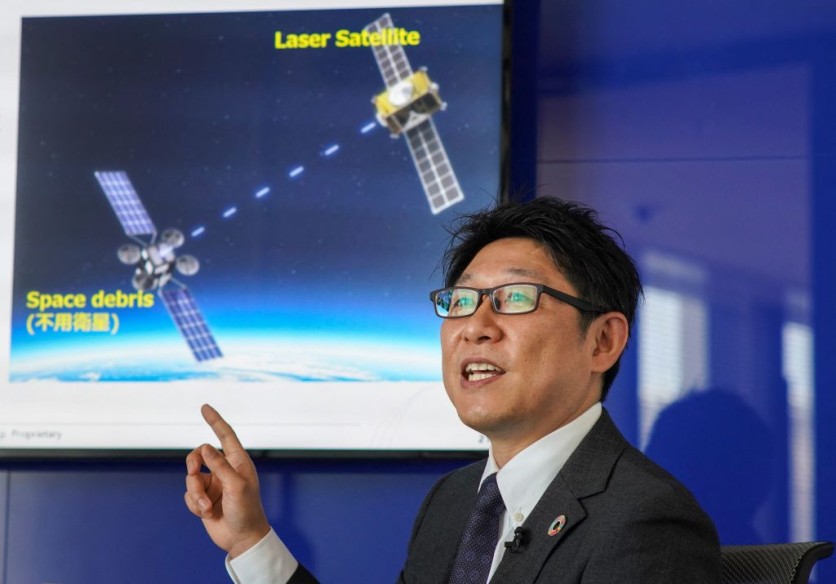Space One, a Japanese startup, is set to conduct its maiden rocket launch in February 2023, as reported by Nikkei Asia.

Kairos
The Kairos launch vehicle can send satellites into an orbit 500 kilometers above the earth. It measures 18 meters in length.
However, Space One didn't further elaborate on the type of satellite that will be launched in February.
It's likely that the launch will be a success due to the company's adoption of a solid fuel technology by IHI Aerospace and the Japan Aerospace Exploration Agency (JAXA) that is also used for the Epsilon launch vehicle. With this technology, the launch success rates are higher.
With this type of fuel, the launcher will be injected with liquid hydrogen. However, since Space One will use solid fuel technology, it will eliminate that step, which will result in faster launched. With this, the company can launch a satellite four days after receiving the payload. The company also said that the rocket is capable of the world's shortest response time for a rocket launch.
Also Read: Japan Plans to Create a Laser Beam to Eliminate Satellite Debris in Space
Loaded With Advanced Technologies
Canon Technologies, which owns a significant part of Space One, will also contribute their production technology, which is derived from manufacturing camera and photocopier components. By using off-the-shelf electronic components will also help Space One control their costs.
Space One hasn't revealed the cost of their upcoming mission. It can also be recalled that its first launch has been delayed twice from the original March 2022 due date due to supply issues.
The startup aims to conduct 20 launches every year by mid-decade. However, this will require a stable supply chain.
The Growing Satellite Market
The market for satellites is growing. This can be seen with the growth of telecommunications companies like SpaceX and OneWeb, who are planning to launch thousands of satellites into orbit.
Space One is also aiming to grab its share of the market. They'll do so by using a low cost launch vehicle that can support small satellites. This will help them respond to a growing trend of placing small satellites into orbit.
There is also the demand for satellites launched by commercial satellite operators. With this, the price of one satellite is almost equal to the cost of launching a rocket. Companies like Space One are, therefore, trying to compete with the new commercial space companies and government space agencies.
Other companies like Amazon, Facebook, and Google are also hoping to enter the satellite business. These companies are all aiming to beam the internet to remote areas. Space One's goal is to launch satellites for other companies. They provide launch opportunities for other companies, which can make their satellite launches more cost-effective.
Related Article: Are Space Elevators Possible? Japanese Researchers Will Look To Find Out

ⓒ 2025 TECHTIMES.com All rights reserved. Do not reproduce without permission.




